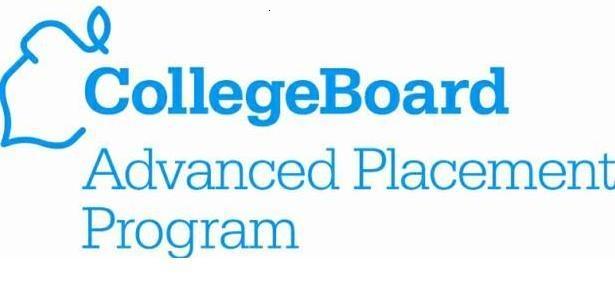Photo Credit: Wikimedia Commons
To get into the most prestigious universities, many high school students are forced to take exams administered by an organization known as the College Board. The College Board is a non-profit organization responsible for running the APs’ (Advanced Placement exams), CLEP (College Level Examination Program and the SAT (Scholastic Aptitude Test). The College Board is an extremely parasitic company that overcharges students for tests, had a terrible response to the pandemic in relation to their testing, and pays their executives too much considering they’re a non-profit.
Many high school students take AP classes for two main reasons: they can give the student college credit, and they look good on their application. However, a decreasing amount of colleges are actually accepting APs as credit- they’d rather you take their course. In addition to this, in the 2020-2021 school year, each AP test costs $95. While this may not seem like a lot to some, many disadvantaged students and disadvantaged school districts struggle to find this money. Although many states offer assistance financially (in New York, the test can be reduced to $33 if you meet specific requirements based upon income), each test costs a fair chunk of change that many just can’t afford to go without. The College Board is able to price gouge these tests because there is virtually no competition within the market. The only major test that is not run by the College Board is the ACT, and this is generally replaceable on applications with the SAT. Overall, the College Board charges a lot of money for their tests which is not affordable for many students.
In 2020, we had the emergence of COVID-19 which forced all businesses to rethink how they were to operate. The College Board handled their AP testing terribly. Instead of refunding the money students spent because they could not provide the test they promised, they instead made significant changes to the test. For example, the AP World History exam was rendered down to one DBQ essay with reduced sources in 45 minutes. A student’s entire grade for the year relied on a singular essay question; if they didn’t know a single question, they were bound to fail the test they studied all year for. Fast-forward to the 2021 AP exams. Each test required a very tedious process before starting which caused unnecessary confusion among students. Each person taking the test had to have a personal computer (a laptop could be provided from the College Board if needed), where they had to download a lockdown browser. Then, three days before the exam, they had to go into the app and download the test, if they didn’t do this, the test was void and the student was not allowed to take it (they were eligible to sign up for another testing date, however). After all of this, students had to sign in to the test thirty minutes before the test started or they were not allowed to take the test. This tedious process caused a lot of confusion and unnecessary wait times for students which only further proves the shortcomings of the College Board.
Finally, there is a disproportionate amount of money paid to the CEO and the executives at the College Board considering it’s a non-profit organization. In 2019, the organization reported making 1.11 billion dollars in total revenue. Of this money, CEO Jeremy Singer was paid $865,661. President and CEO/Trustee David Coleman reported making 1.5 million dollars a year. To put this in perspective, the CEO of the biggest humanitarian organization in the United States, the American Red Cross, was paid $694,000. While I understand that the occupation of CEO takes a lot of work to do, there is a point where it overshadows the good the organization is actually doing.
Overall, the College Board is a company that’s main purpose is to make money- there is no other explanation. They make approximately half the total revenue of the largest humanitarian nonprofit organization in the U.S. yet pay their executives much more. They charge an unreasonable amount of money to take exams and have an inability to adapt under difficult circumstances. The College Board executives need to sit down and rethink their business model before they lose all credibility within the educational scene.






























